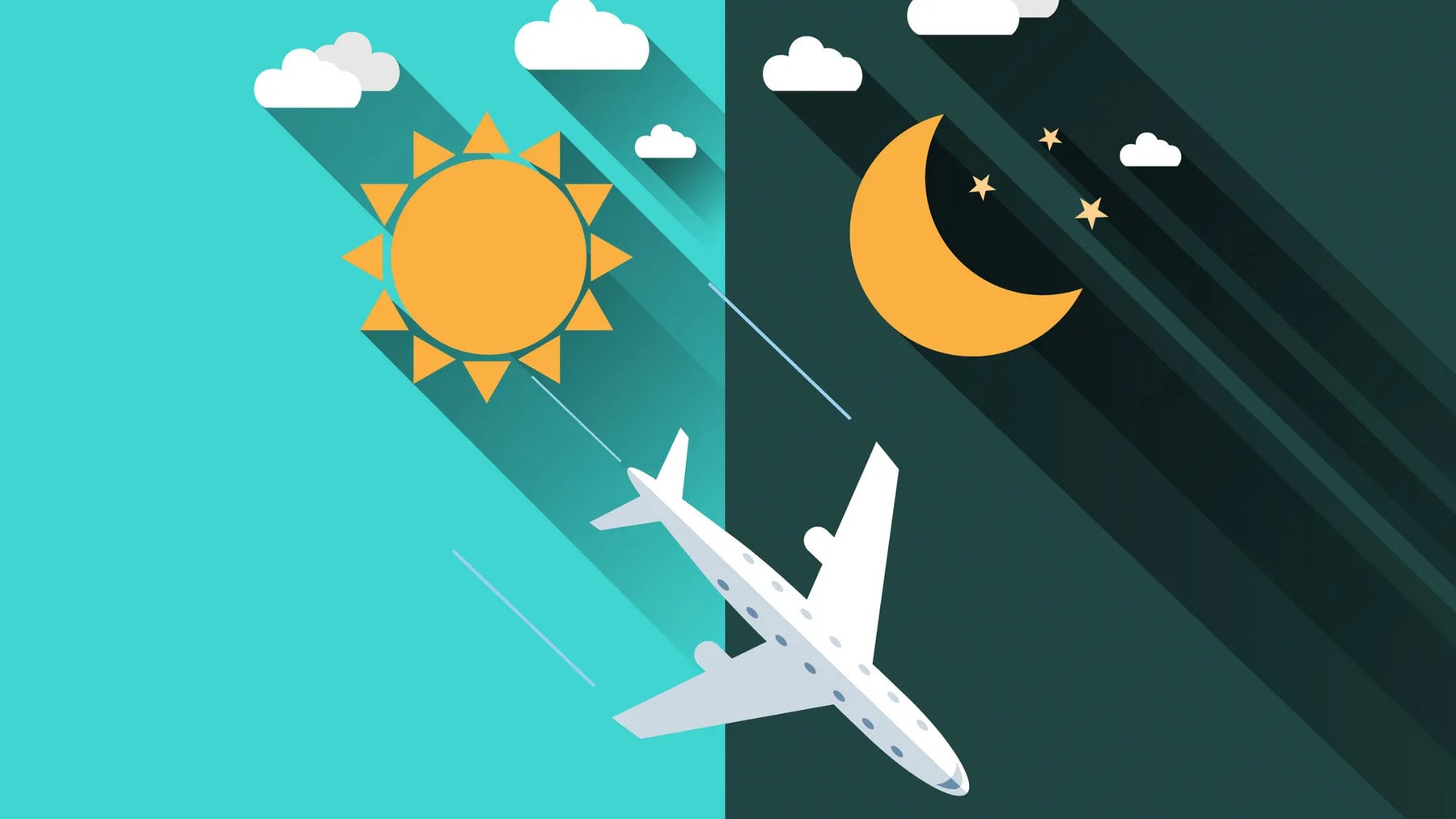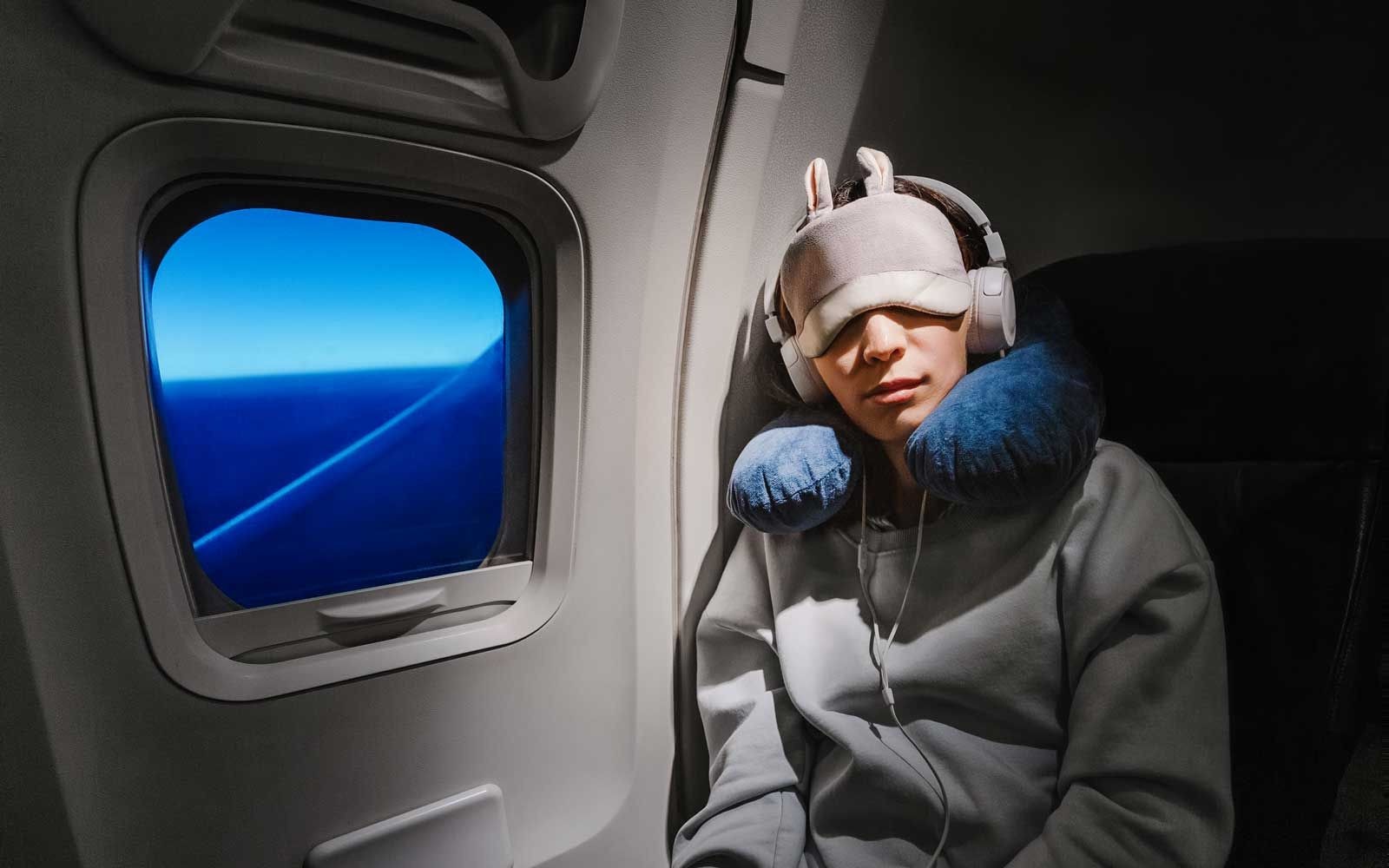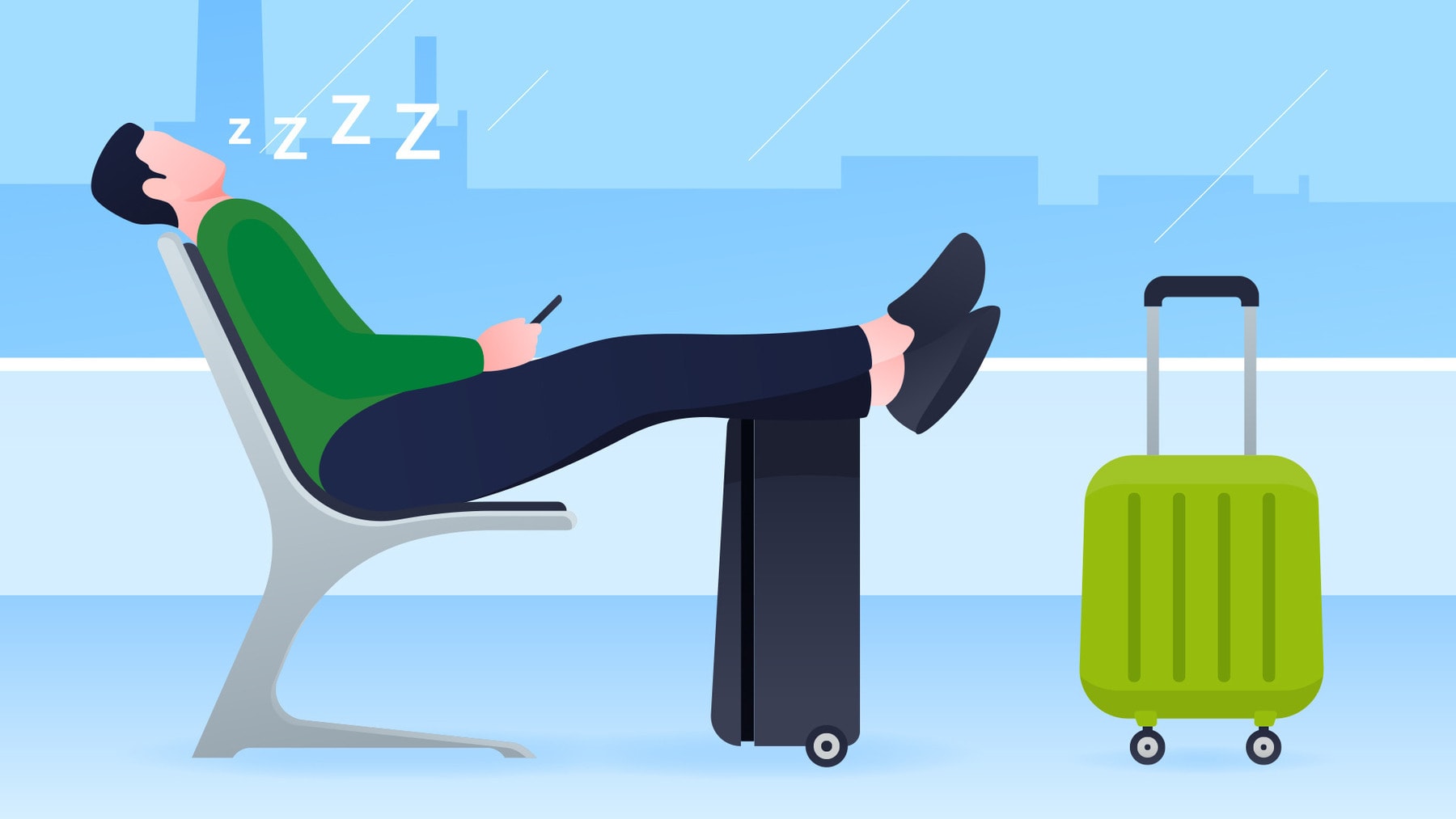Jet lag is one of those annoying realities of travel that every frequent flyer knows all too well. You step off the plane feeling like you’ve just crossed into another dimension. Your body’s telling you to sleep, but the sun’s up and your destination is buzzing. If you’ve ever spent the first few days of a trip wandering around in a fog, unable to enjoy the new sights and sounds around you, then you know exactly what I’m talking about. Good news, though: you can actually avoid a lot of the worst jet lag symptoms with a few simple tricks.
After years of trial and error on trips across the globe, I’ve found what really helps and what’s just fluff. Let’s dig in.

First, What Exactly Is Jet Lag?
Jet lag happens when you cross time zones faster than your body can keep up with. If you fly from L.A. to Paris, for example, you’re suddenly nine hours ahead, and your internal clock is all kinds of confused. Your body still thinks it’s nighttime back in California, even if it’s broad daylight in Paris. This mismatch makes you feel groggy, unfocused, and often just plain irritated.
East vs. West Travel
Quick note: jet lag is usually worse when you’re traveling east rather than west. When you go west, your day gets longer, which your body can handle a little better. But going east, you’re losing hours, which tends to throw off your rhythm more.

How to Actually Avoid Jet Lag
There are so many tips out there, but only a few make a real difference. Here’s what I (and other frequent travelers on TravelersNetwork) swear by:
1. Start Adjusting Before You Even Leave
A few days before your flight, try adjusting your schedule little by little. Going east? Head to bed an hour earlier each night. Going west? Do the opposite. Even shifting by an hour or two can make a difference. It’s like giving your body a head start.
2. Get as Much Sunlight as You Can When You Arrive
Natural light is one of the strongest ways to reset your internal clock. As soon as you get to your destination, spend time outside. Morning light is best if you’re trying to feel more awake. I always try to grab breakfast or coffee somewhere outdoors on the first day—anything to get those rays and start shifting my body’s sense of time.

3. Stay Hydrated on the Plane (Skip the Alcohol)
Planes are super dehydrating, and dehydration makes jet lag feel a whole lot worse. I know the free wine or coffee is tempting, but stick to water as much as you can. It might not sound like a huge deal, but staying hydrated makes a noticeable difference. Bring a water bottle and sip throughout the flight.
4. Power Naps Can Be Your Friend—But Keep Them Short
If you really need a nap when you land, go for it—but keep it short. 20 to 30 minutes max. Anything longer and you risk messing with your ability to sleep at night. I can’t tell you how many times a “quick nap” turned into a 3-hour sleep and left me wide awake at 2 a.m. Trust me on this one: set an alarm!

5. Consider Melatonin, But Only as a Nudge
Melatonin can be helpful, especially for eastward travel. It’s a natural sleep hormone, and a low dose (like 1-3 mg) an hour before bed can signal your body that it’s time to sleep. Just don’t go overboard. Melatonin isn’t a magic cure, but it can give your body a gentle push in the right direction.
Different Strategies for Different Trips
Not all trips need the same approach to jet lag. Here’s what I’ve found works best depending on the length of the stay.
Short Trips (3 Days or Less)
For quick trips, you might not even need to fully adjust to the new time zone. Sometimes it’s easier to just stick close to your home schedule. I’ve done this on weekend trips to Europe—it means staying up later and sleeping in a bit, but it makes it easier to switch back when you get home.
Longer Stays
If you’re staying a week or more, it’s worth following these steps to adjust fully. Give yourself a day or two to relax and ease into the new time zone. Avoid early morning tours right away; instead, aim for activities that let you move at your own pace until you’re fully adjusted.
Common Jet Lag Myths to Ignore
There’s a lot of “advice” out there that doesn’t really help. Here are a couple myths I’ve learned to ignore:
Myth: Sleeping on the plane fixes jet lag.Reality: Sleeping on the plane doesn’t magically sync you to a new time zone. It might help you feel less tired, but it’s syncing your routine with the local time that matters.

Myth: A first-class seat can prevent jet lag.Reality: While extra legroom and better food might make the flight more comfortable, it doesn’t prevent jet lag. Only adapting to the local time will do that.
Enjoy Your Trip Without the Drag of Jet Lag
Jet lag can make the first few days of a trip feel like a blur, but it doesn’t have to. By adjusting your schedule before you go, staying hydrated, and getting sunlight, you can shake off that jet lag faster and dive into the experience. TravelersNetwork is all about getting the most out of your travels—and with these tips, you’ll have more energy to explore and enjoy wherever you’re headed next.
Safe travels, and here’s to seeing the world without feeling like a zombie!






Leave a Reply